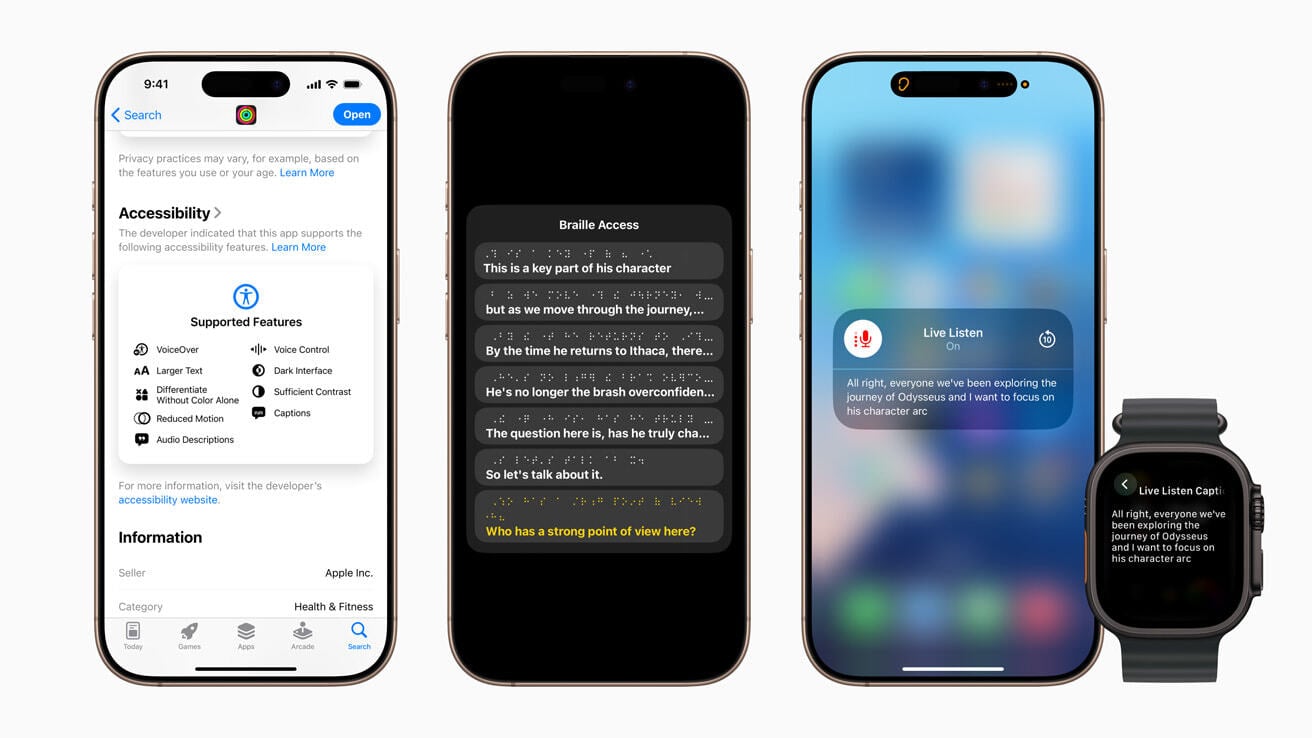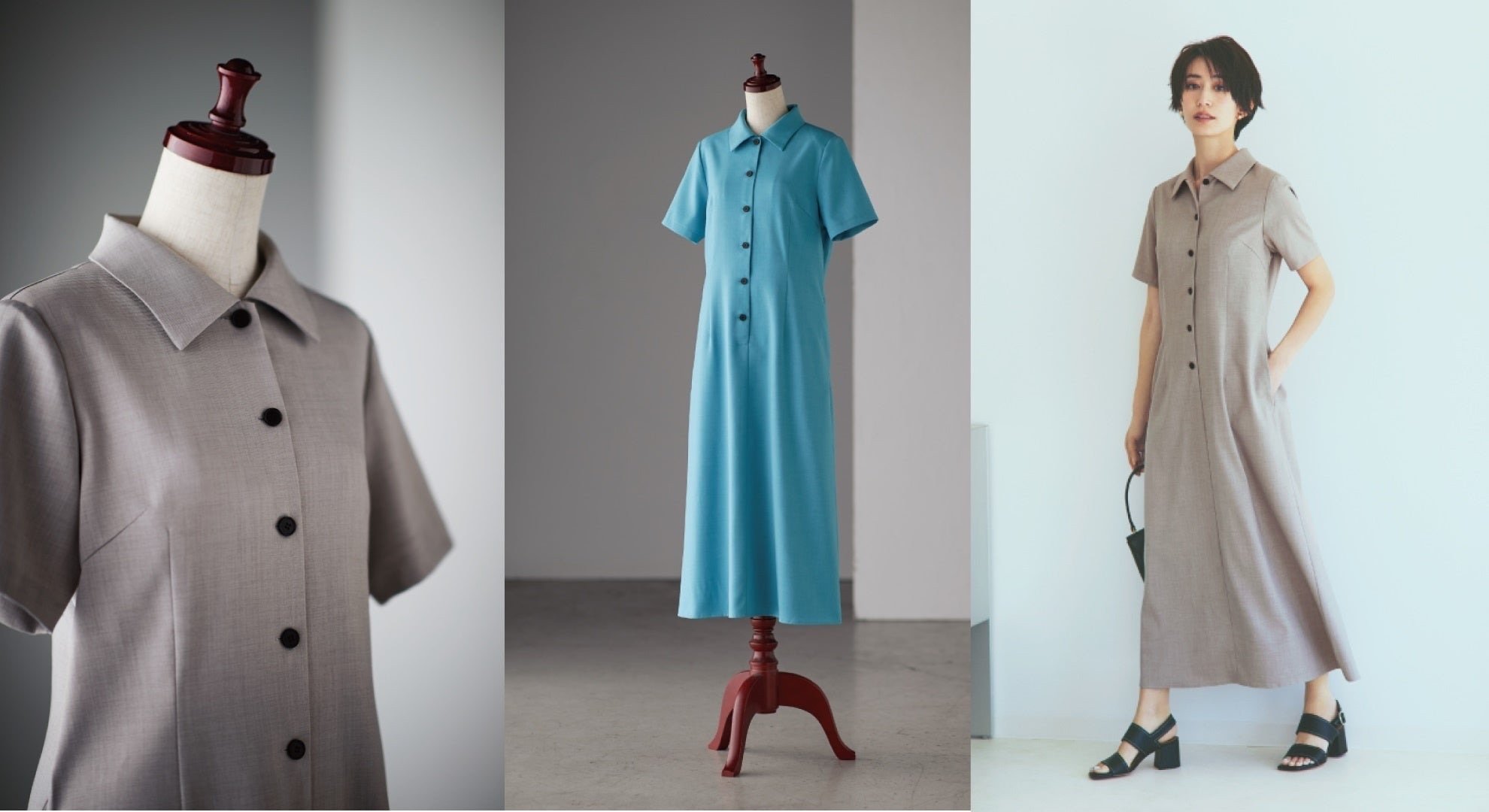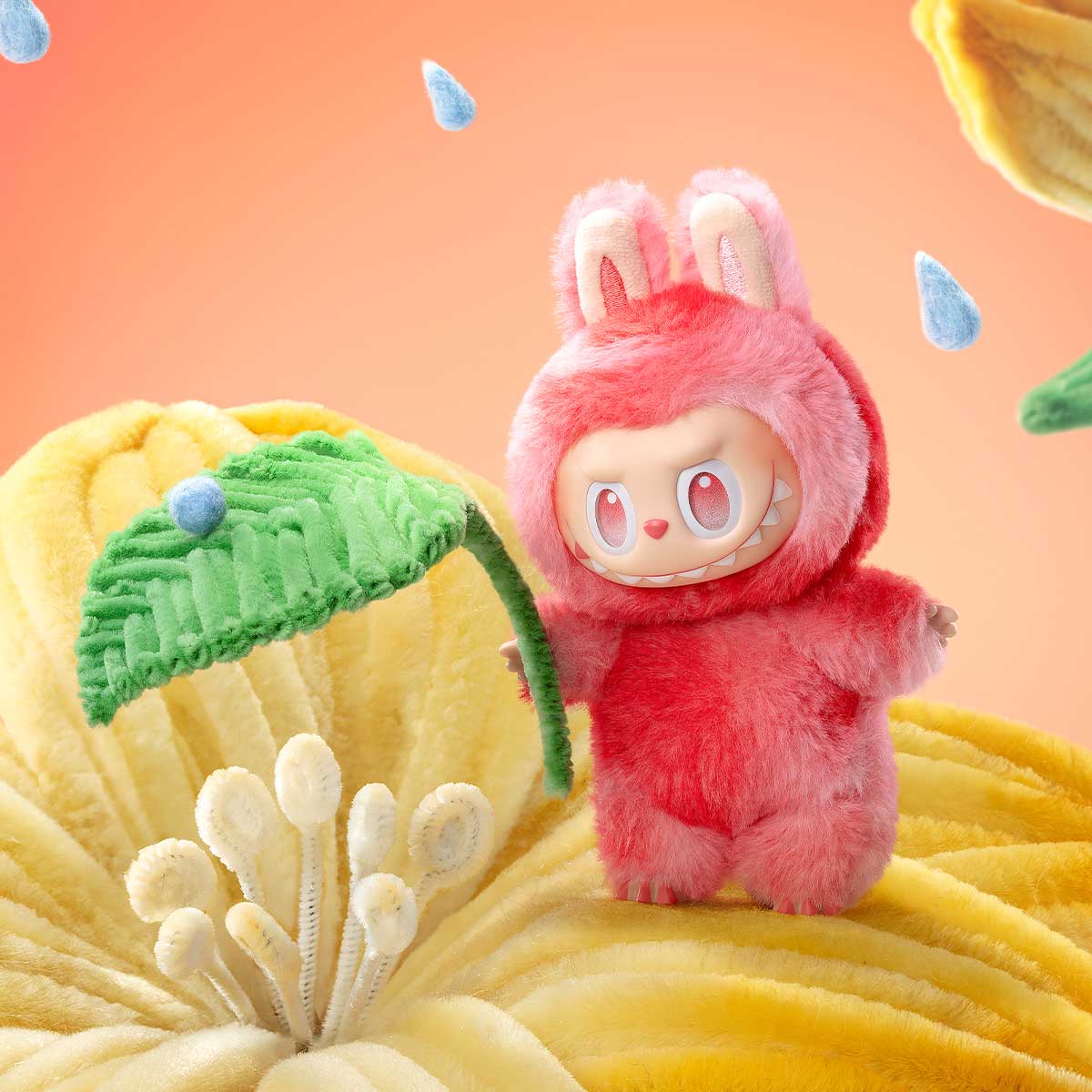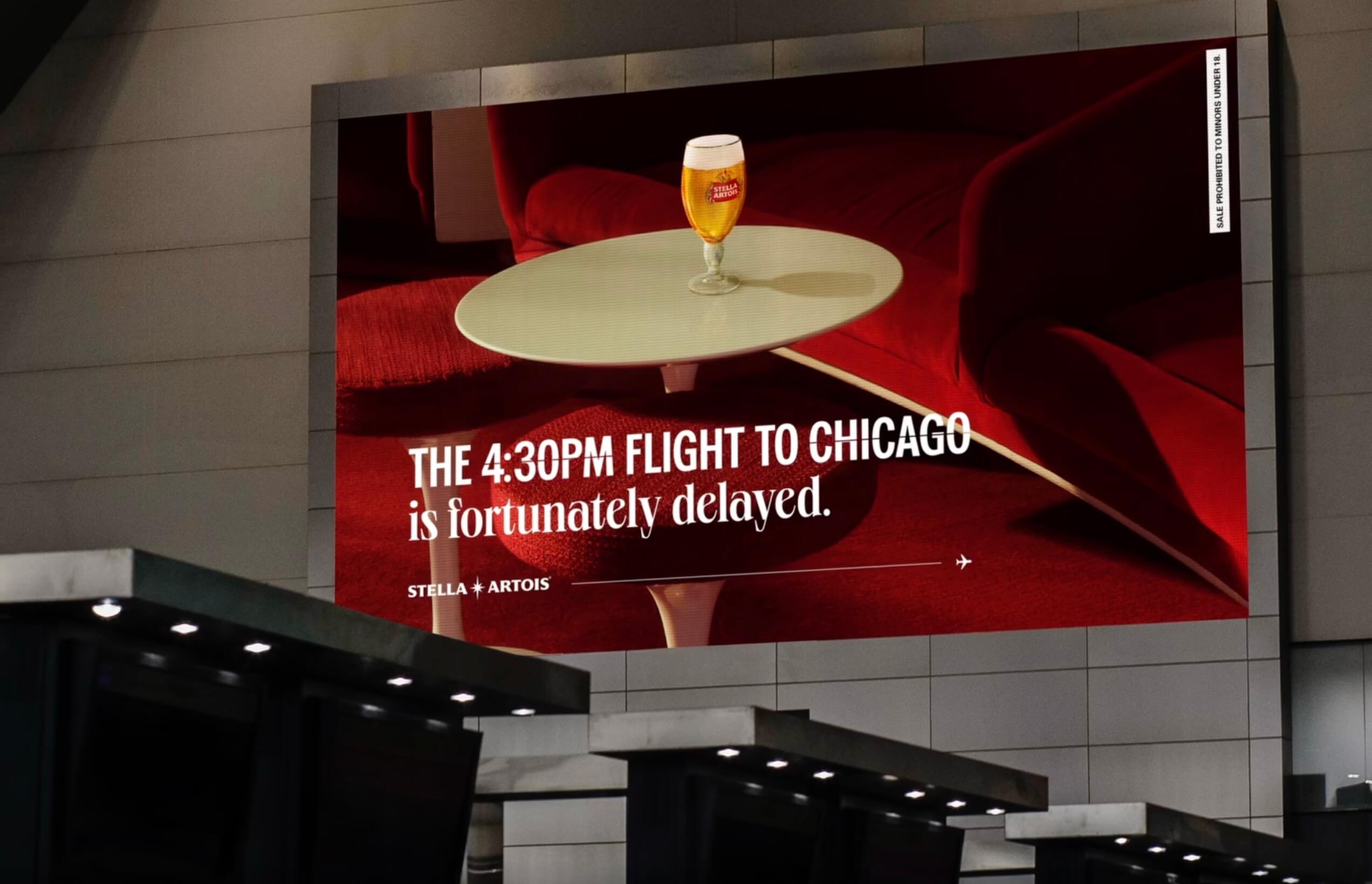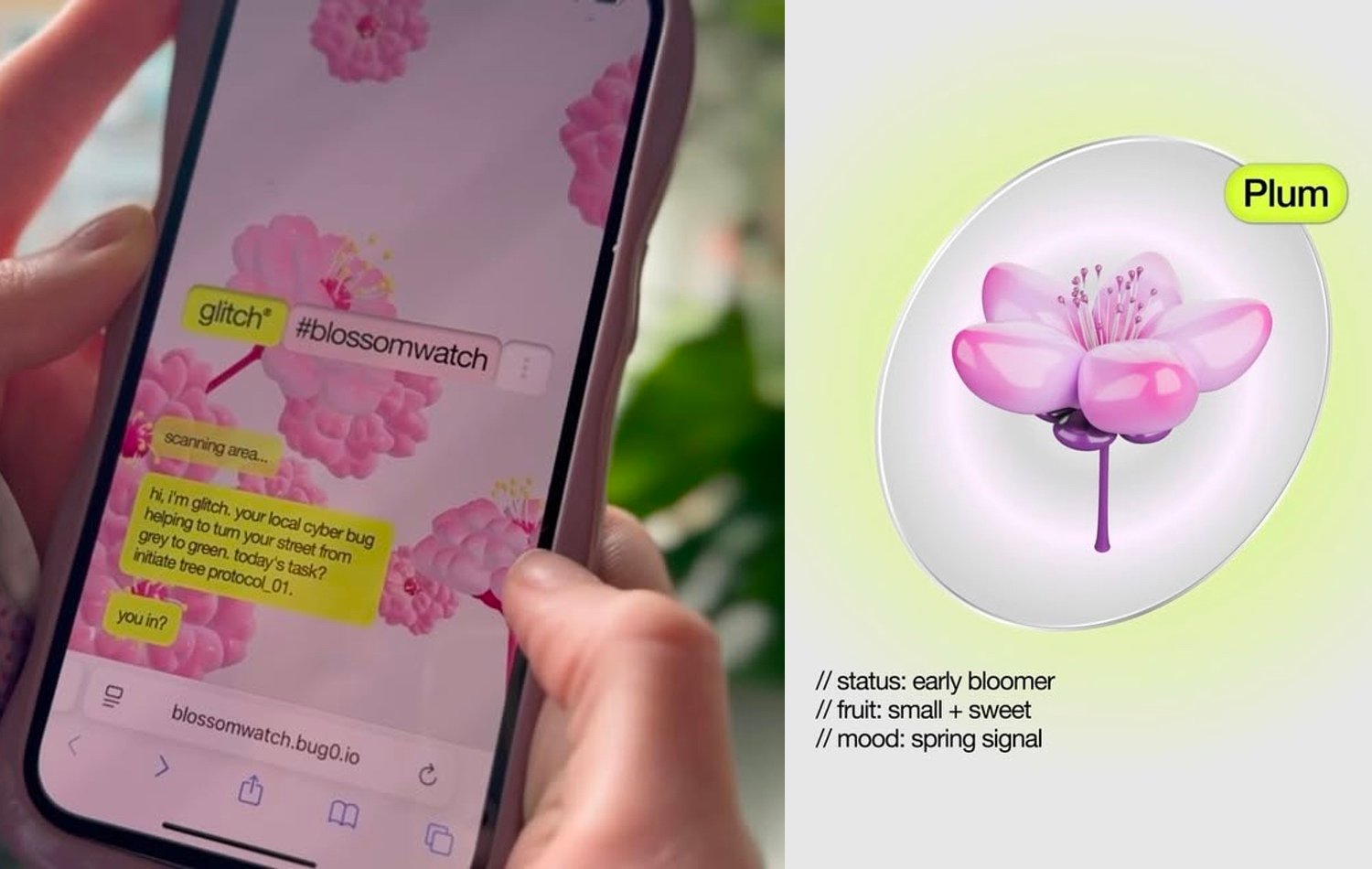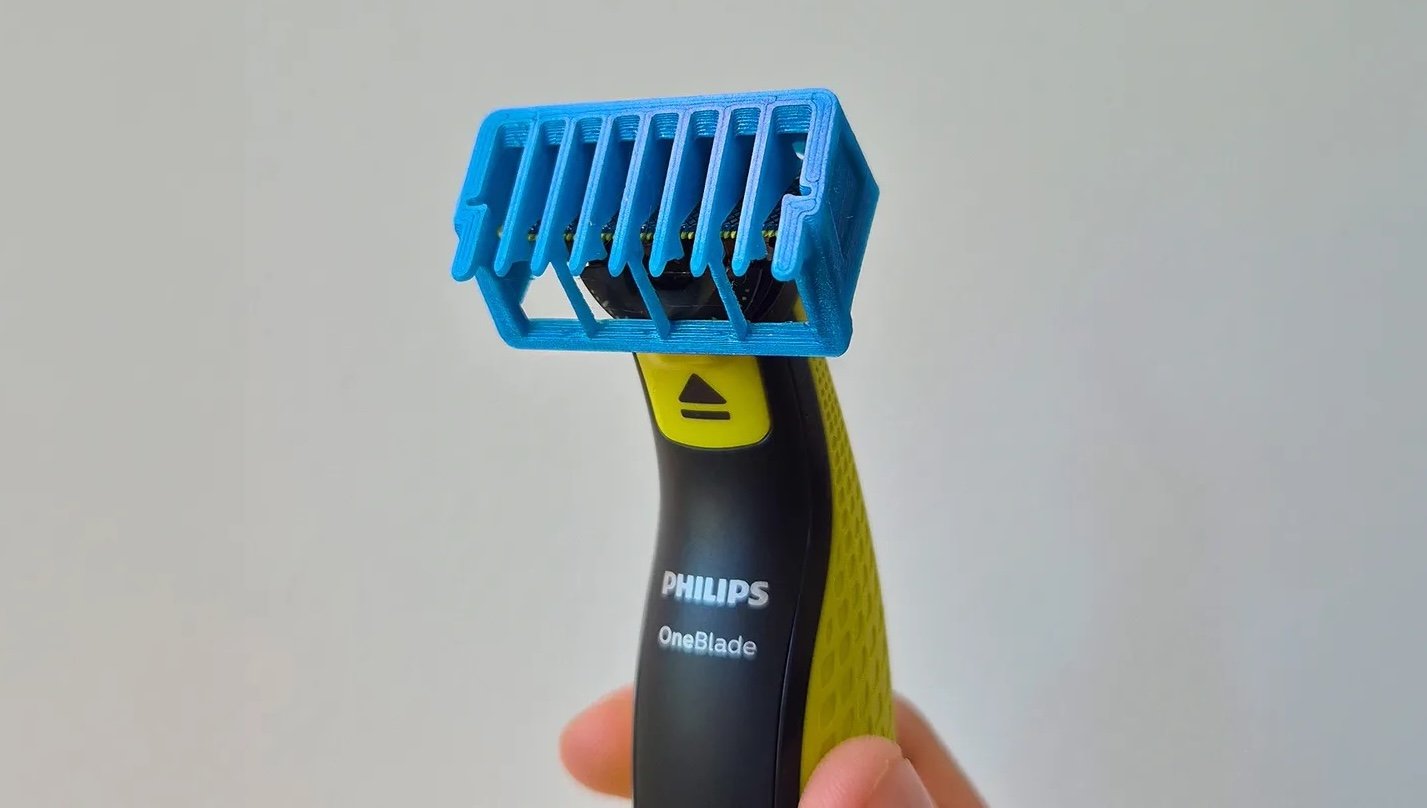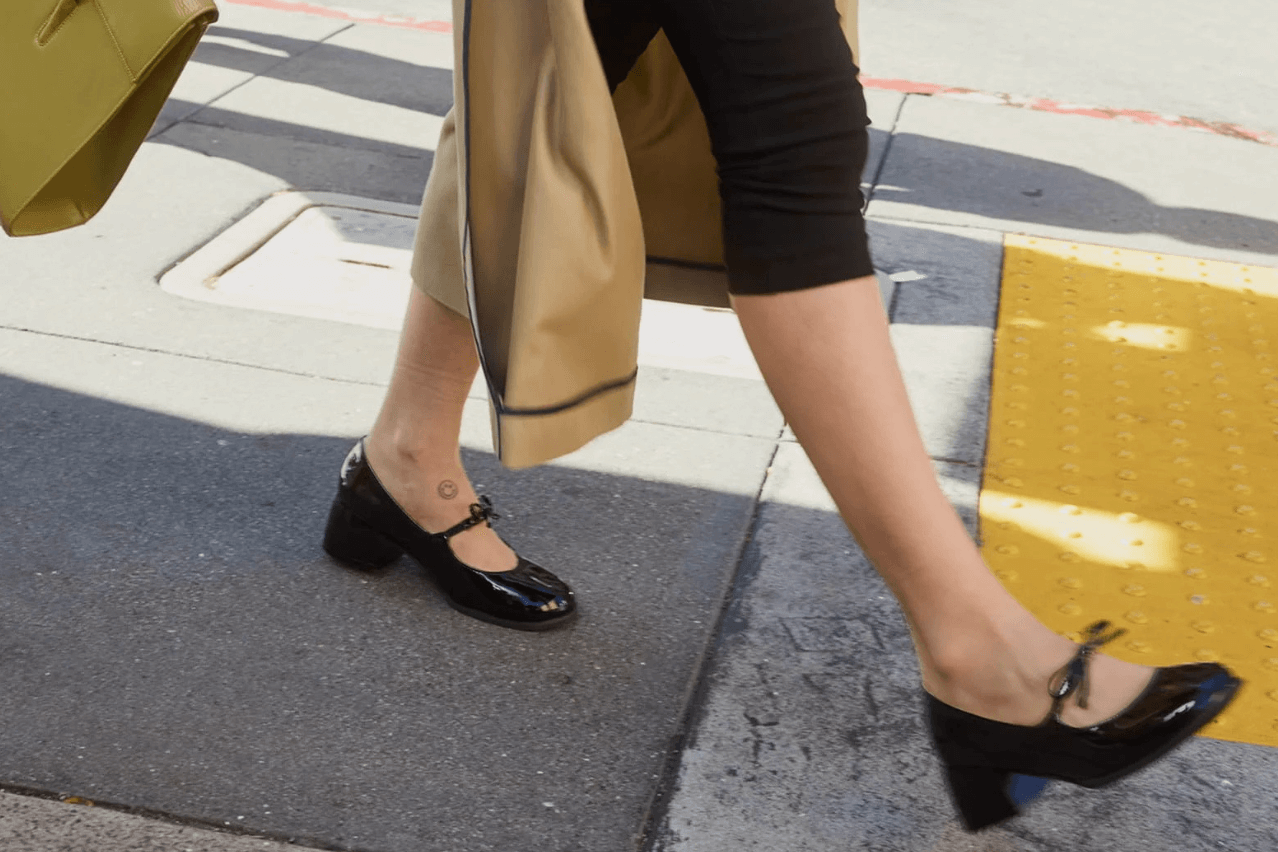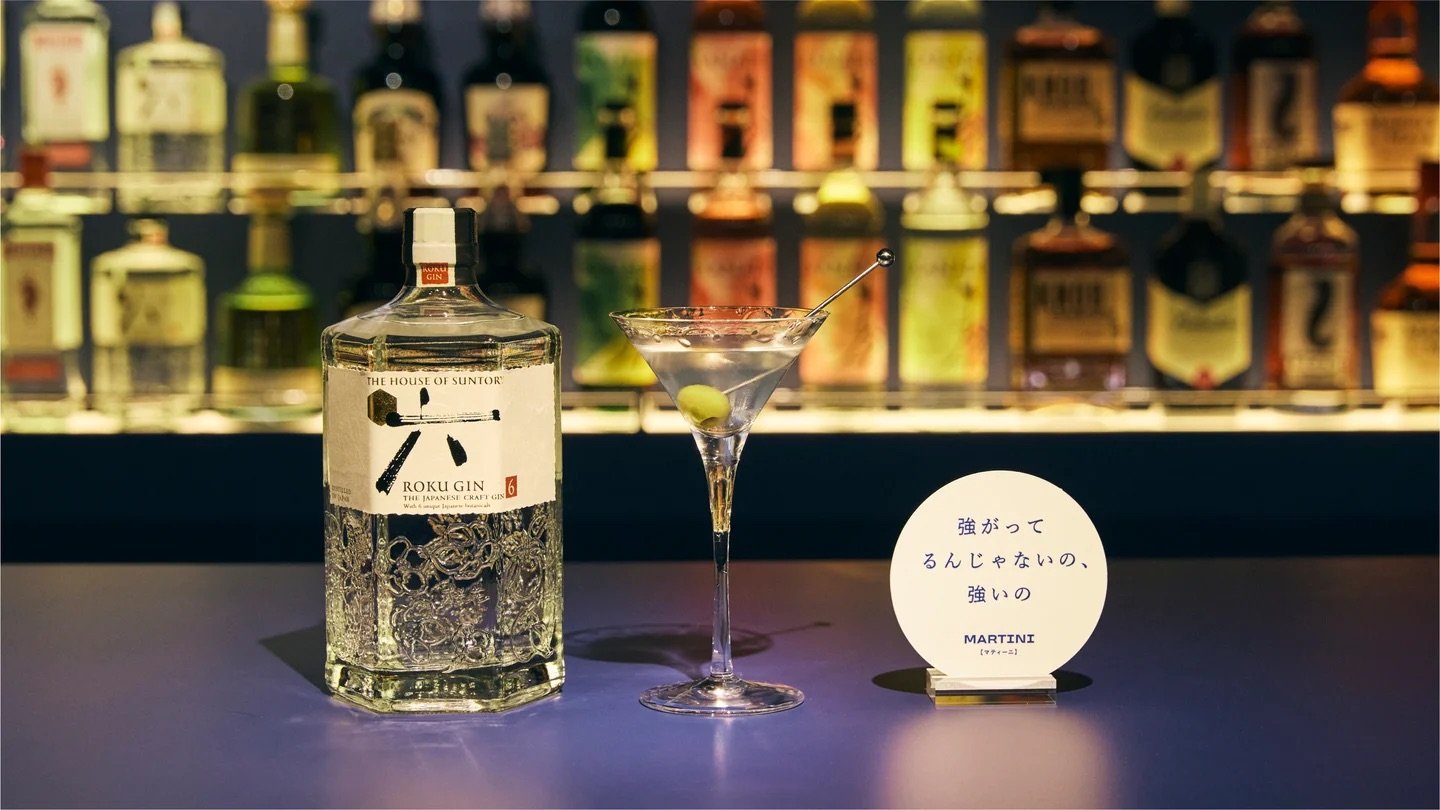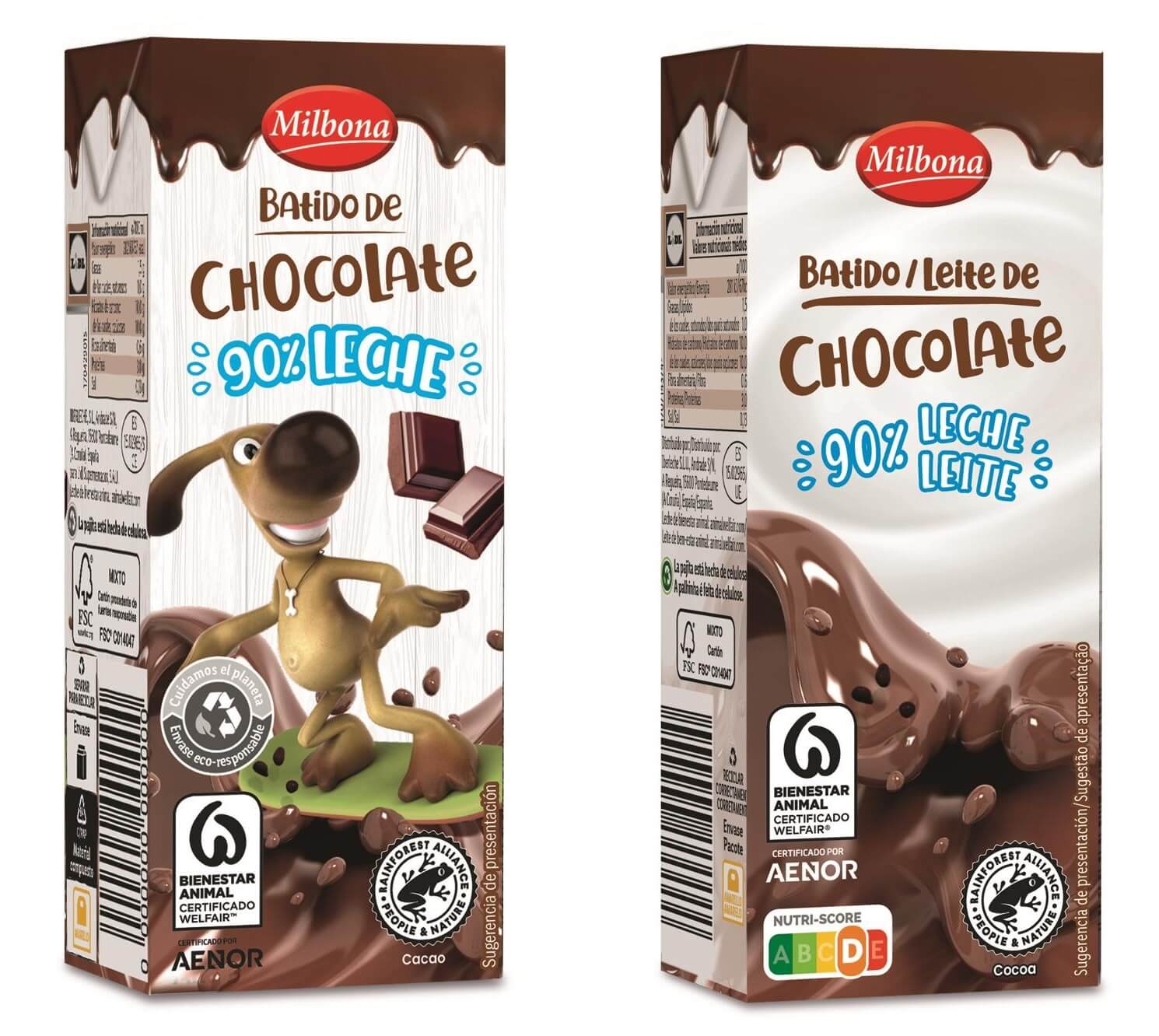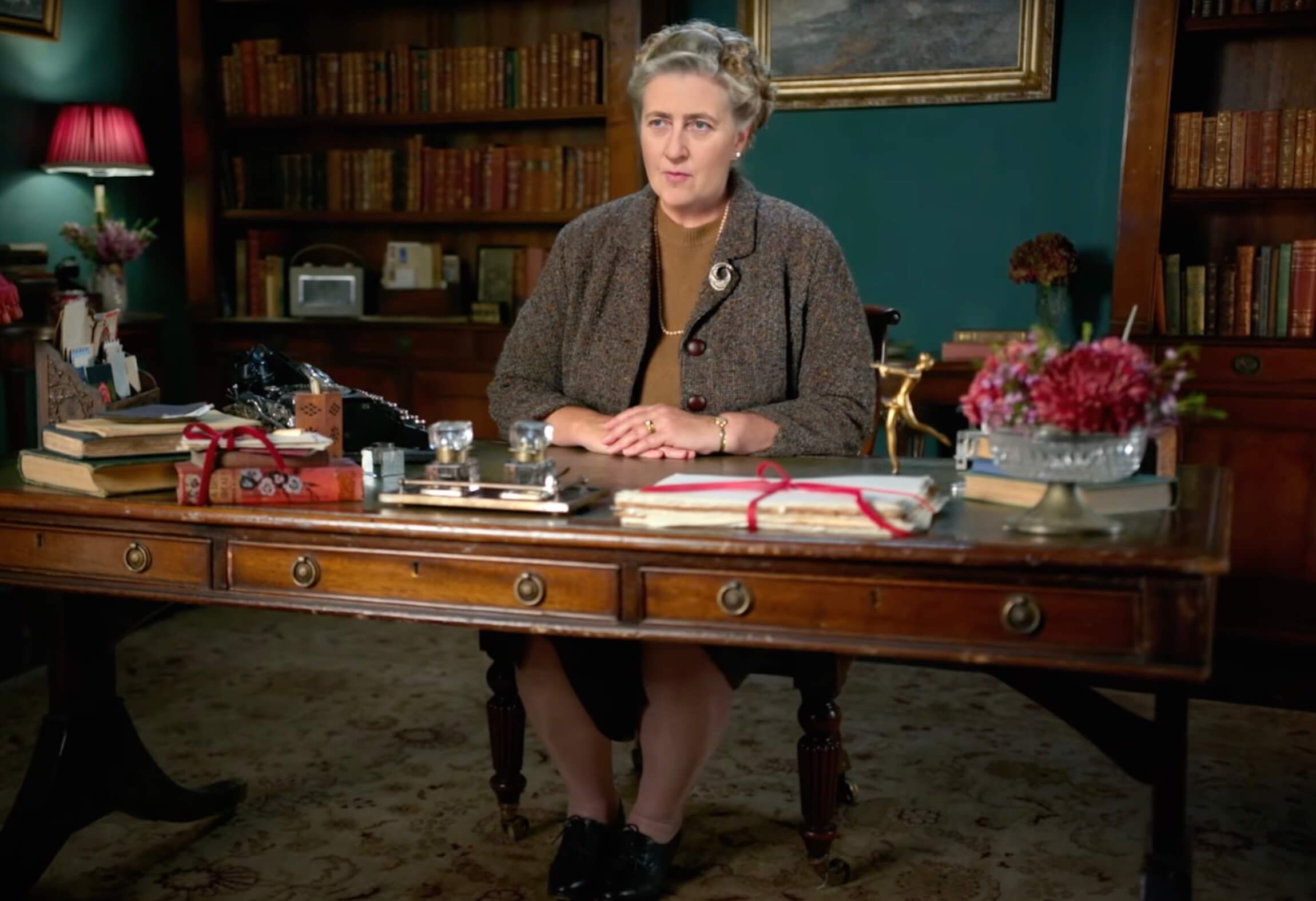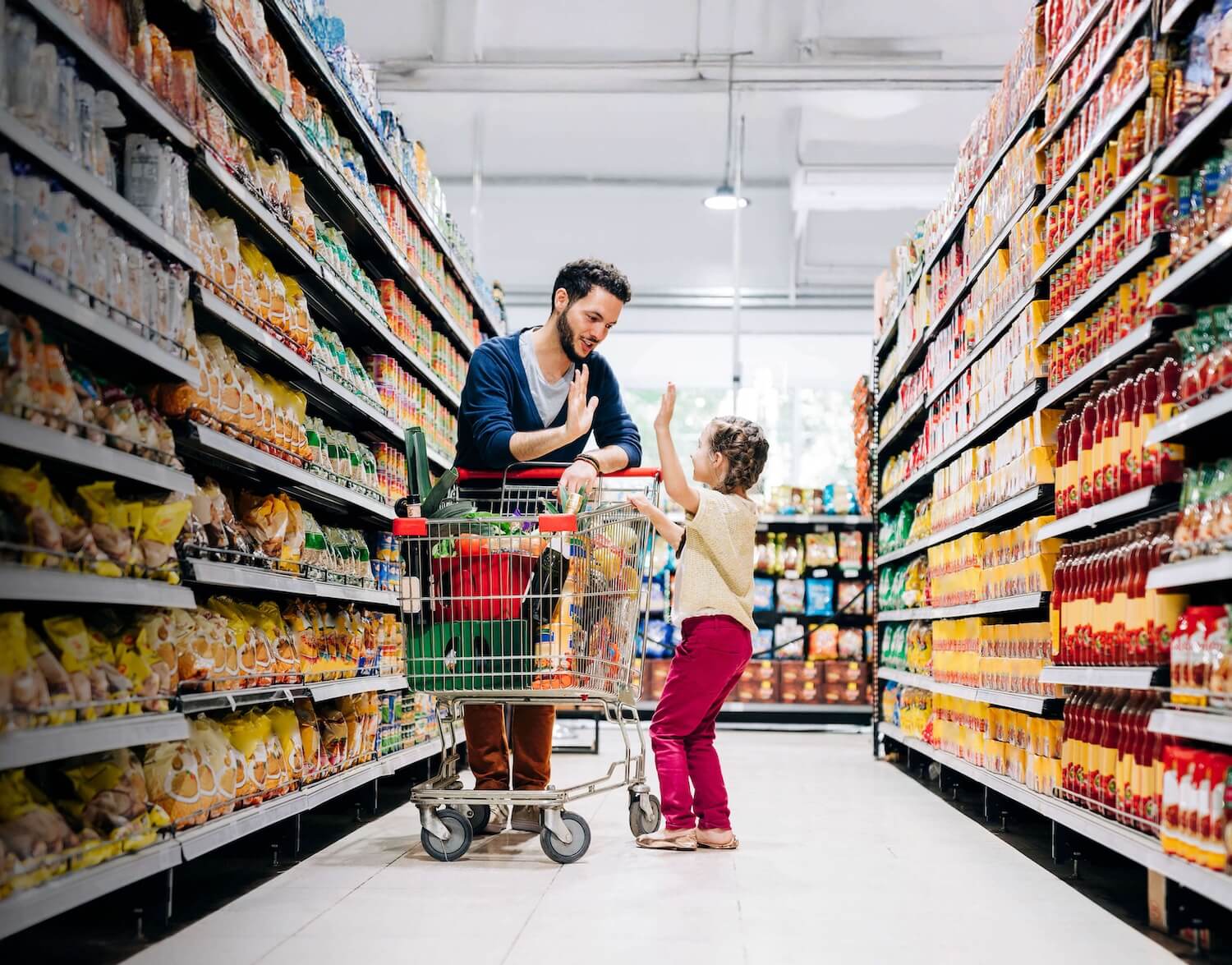As part of a slate of accessibility features launching later this year, Apple is adding Accessibility Nutrition Labels to the App Store. The goal is to provide consumers with transparent information about an app's accessibility features ahead of downloading.
Similar to nutrition facts on food packaging, the new labels will appear on App Store product pages, highlighting supported features like VoiceOver, Voice Control, text customization options and more. The initiative aims to empower users with disabilities to make informed decisions about which apps will meet their needs, while giving developers an opportunity to showcase their accessibility investments.
Apple is also adding new accessibility tools to its physical products. The Magnifier app, previously available on iPhone and iPad, will come to Mac, allowing users with low vision to zoom in on their surroundings using webcams or connected iPhone cameras. For braille users, new Braille Access will transform Apple devices into full-featured braille note-takers with support for math calculations and real-time conversation transcription.
TREND BITE
Accessibility is no longer about compliance — it's a business imperative. The pandemic exposed how fragile access can be, while disability influencers continue to reshape public perception by showing how diverse needs define everyday life. Apple's latest accessibility updates signal a broader industry shift: inclusive design as a strategy, not an afterthought. Universal design benefits everyone, so don't hold back ;-)




